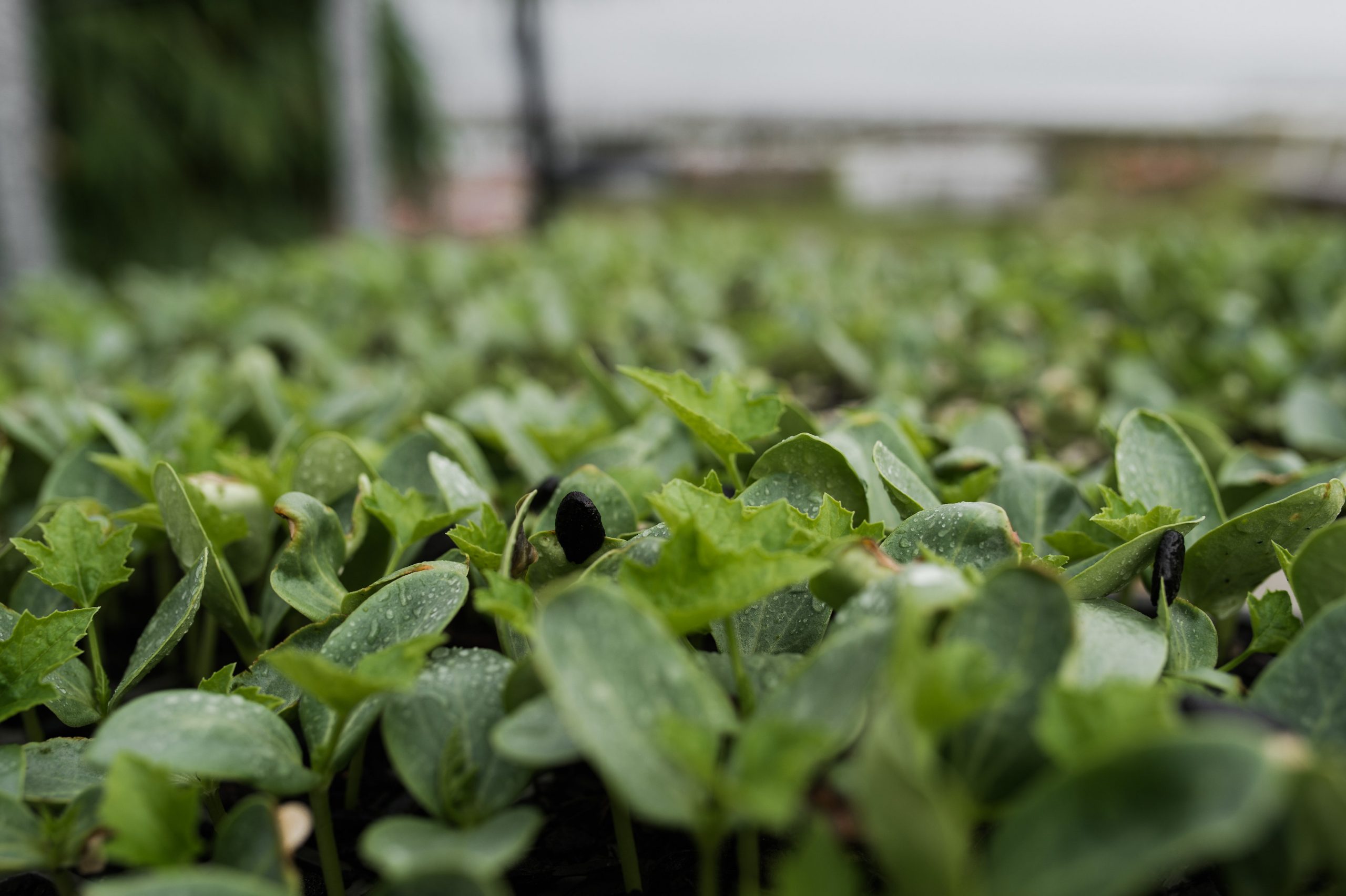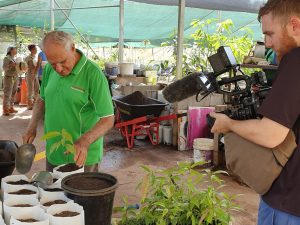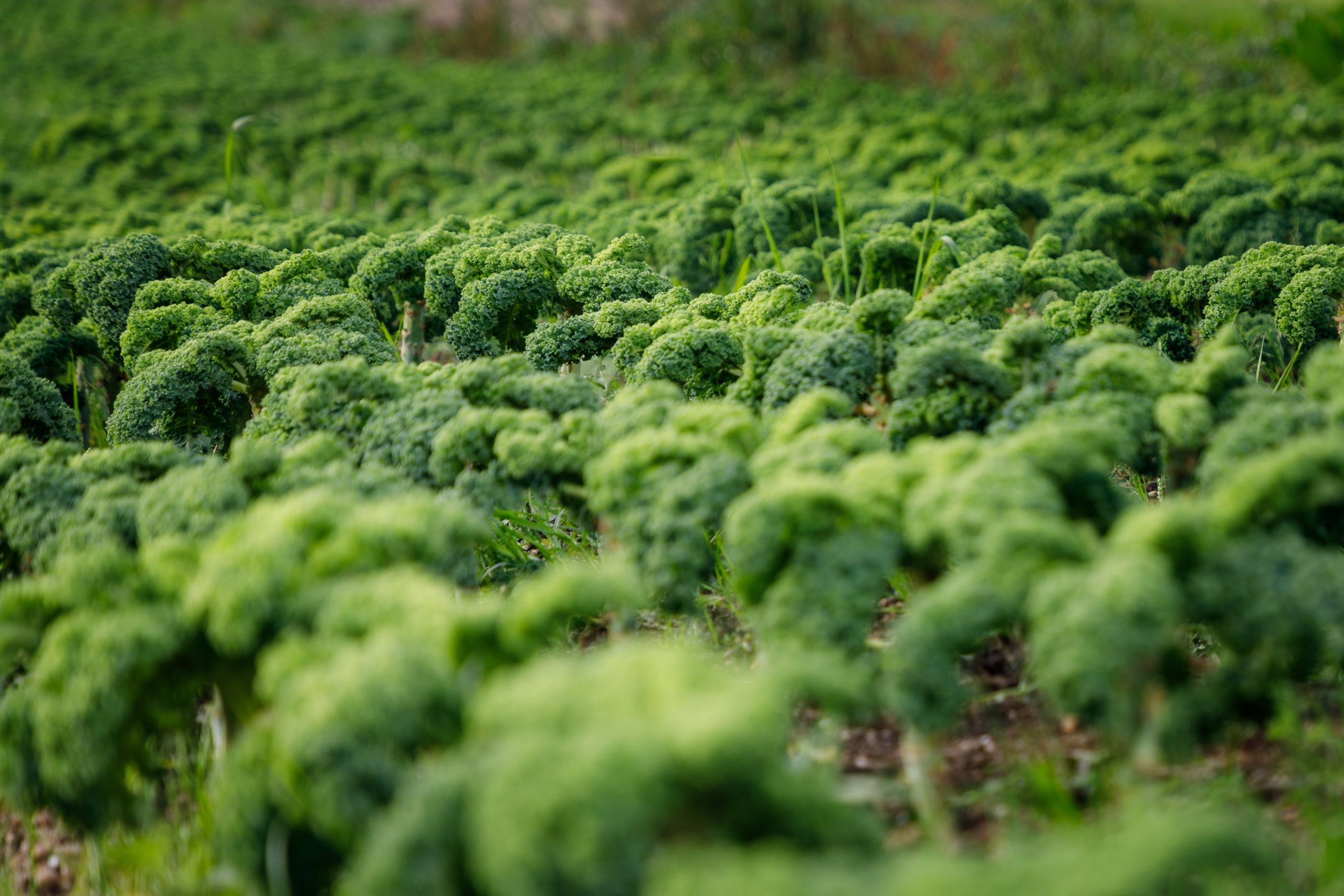
VegNET – South Australia continuing to support the state’s veg growers
22 February 2021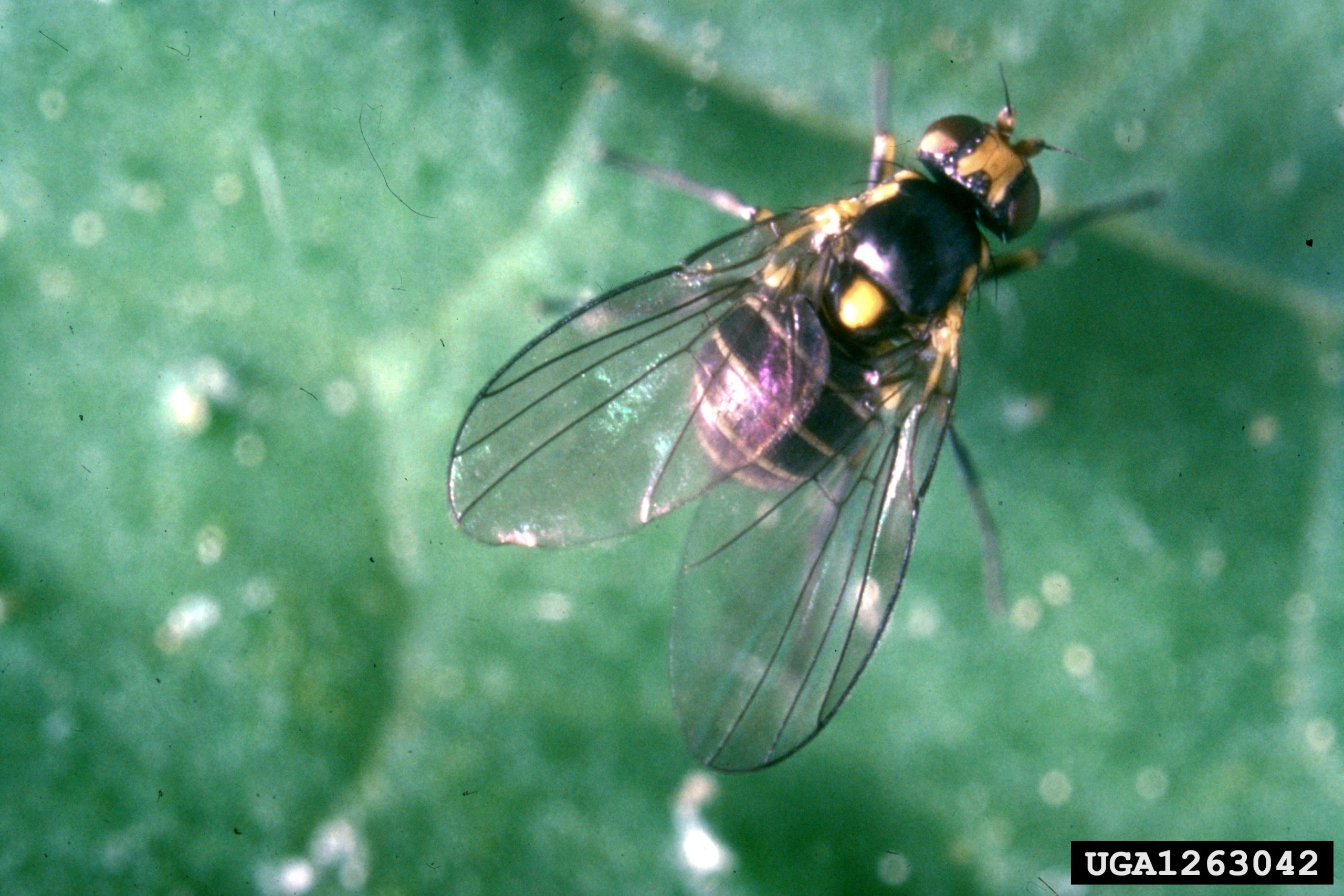
Biosecurity update: Serpentine leafminer unable to be eradicated from Australia
22 February 2021With the 2021 Northern Territory vegetable season knocking at our door, it’s a timely reminder to revisit the importance of biosecurity, and how clear and simple biosecurity practices along with on-farm plans can help to mitigate issues should they arise. VegNET – Northern Territory Regional Development Officer Simone Cameron reports.
The Northern Territory (NT) is a valuable supply chain and relies on its market window during the ‘dry season’ for a variety of seasonal vegetables that otherwise are limited in supply in Australia’s southern regions, which are experiencing winter. The NT is well regarded for its successful production of key vegetables, including Asian melons, traditional cucurbits such as cucumber, squash, zucchini, pumpkin, snake beans and okra, as well as smaller amounts of Asian greens, capsicums, chillies, eggplant, spring onions, tomatoes and herbs. The NT vegetable industry was estimated to be worth around $61 million in 2019.
There are approximately 150 vegetable growers in the Darwin regional area, with a small representation of seasonal growers in the Douglas Daly, Katherine, Mataranka and Central Australia areas. The NT continues to expand and develop vegetable production in its vast region. VegNET – Phase 2 has identified biosecurity as one of the five key focus areas outlined in the Regional Extension Plan 2020-2025. The project aims to improve awareness of practical measures available to producers and associated entities to mitigate pest and disease risks on-farm and through applicable supply chains.
Industry collaboration
The NT RDO identified and liaised with four key industry champions to discuss the biosecurity messages they value, and what they wanted to see communicated to the wider community. Decisions for industry champion selection was based around the stakeholder’s current collaboration and commitment to industry. All are well-known advocates in the community and are actively engaged in many facets regarding horticultural production in the NT. They all adhere to and exemplify the motto: ‘Biosecurity: It’s everyone’s business’.
Four short videos were produced, each highlighting the ‘story’ of the chosen biosecurity champions. These personal key stakeholder stories and messages around the value placed on biosecurity awareness is a powerful tool for improving awareness across the industry. The champions underpin positive role models for producers, enhancing peer-to-peer modelling of good on-farm biosecurity practices, protocols and methodologies. This method of information delivery has been widely assessed and mapped and is understood to have positive and far-reaching effectiveness. The materials produced were translated in Vietnamese and Khmer to target our region’s non‑English speaking growers.
The chosen biosecurity champions acknowledged in this project were Han Shiong Siah (young grower of commercial tropical fruit and Nuffield Scholar); Chris Nathanael (owner of Tropiculture Australia); Julie-Ann Murphy and Alan Petersen (owners of Rum Jungle Organics and 2018 National Farm Biosecurity Award winners); and Greg Owens (NT Farmers Association Industry Development Manager).
The development of the communication package includes a series of short videos and supporting posters embracing the by-line, ‘Our Farm, Our Future’. It ultimately encourages the adoption and implementation of simple on-farm biosecurity practices such as:
- Farm gate signage.
- Dedicated visitor areas and wash down procedures.
- Regular pest/disease surveillance and monitoring.
- Individual on farm biosecurity planning and modelling.
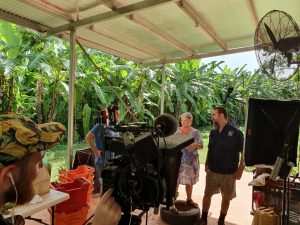
Rum Jungle Organics owners Julie-Ann Murphy and Alan Petersen were involved in the ‘Biosecurity Champions’ series.
Through the engagement of key champions, and with the support communication materials developed for distribution, the following outcomes will be achievable:
- Improved connections and communication between growers and industry/NT Farmers Association/ Government bodies.
- Decrease chances of disruption/ quicker recovery from outbreaks, incursions and suspension of trade through the greater awareness and value of importance around having on-farm biosecurity measures activated. A ‘call to action’ approach model.
- Target audiences further educated about the importance of effective biosecurity practices in the workplace and including those vulnerable to biosecurity threat and potential contributors to threats.
- Improved potential production capacity and farming sustainably.
- Increased access to markets.
- Reduced risks of pests and diseases.
- That it is ‘OK’ to talk about biosecurity – it’s not taboo and shouldn’t be avoided; greater transparency and connections, improved responses and directional pathways will be enhanced and become more efficient over time.
Acknowledgements must go to the ‘Biosecurity Champions Initiative’ outlined and delivered through investments arising from the Australian Government’s Agricultural Competitiveness White Paper and Our North, Our Future: White Paper on Developing Northern Australia.
Thank you to all of those involved with the development of the communications materials; the local champions who gave up their time to partake in interviewing and filming sessions; the media consultants engaged to produce the materials; and to Mintkey and PRLX for their professional collaboration with NT Farmers Association and the champions. Lastly, acknowledgement must go to the Department of Agriculture, Water and the Environment and TopWatch Biosecurity for their ongoing financial support and liaison with our northern growers.
The videos can be viewed on NT Farmers Association’s social media platforms including Facebook, Twitter and Instagram: @ntfarmers.
Find out more
Please contact Simone Cameron at bio@ntfarmers.org.au.
VegNET – Northern Territory is a strategic levy investment under the Hort Innovation Vegetable Fund.
This project has been funded by Hort Innovation using the vegetable research and development levy and contributions from the Australian Government.
Project Number: VG19017

